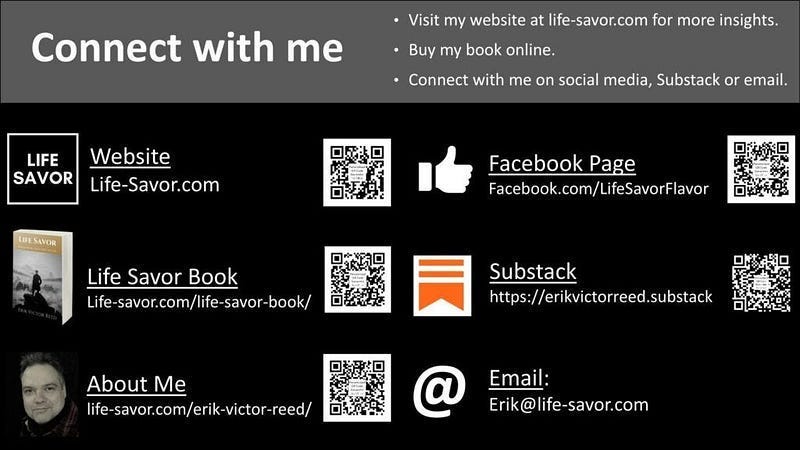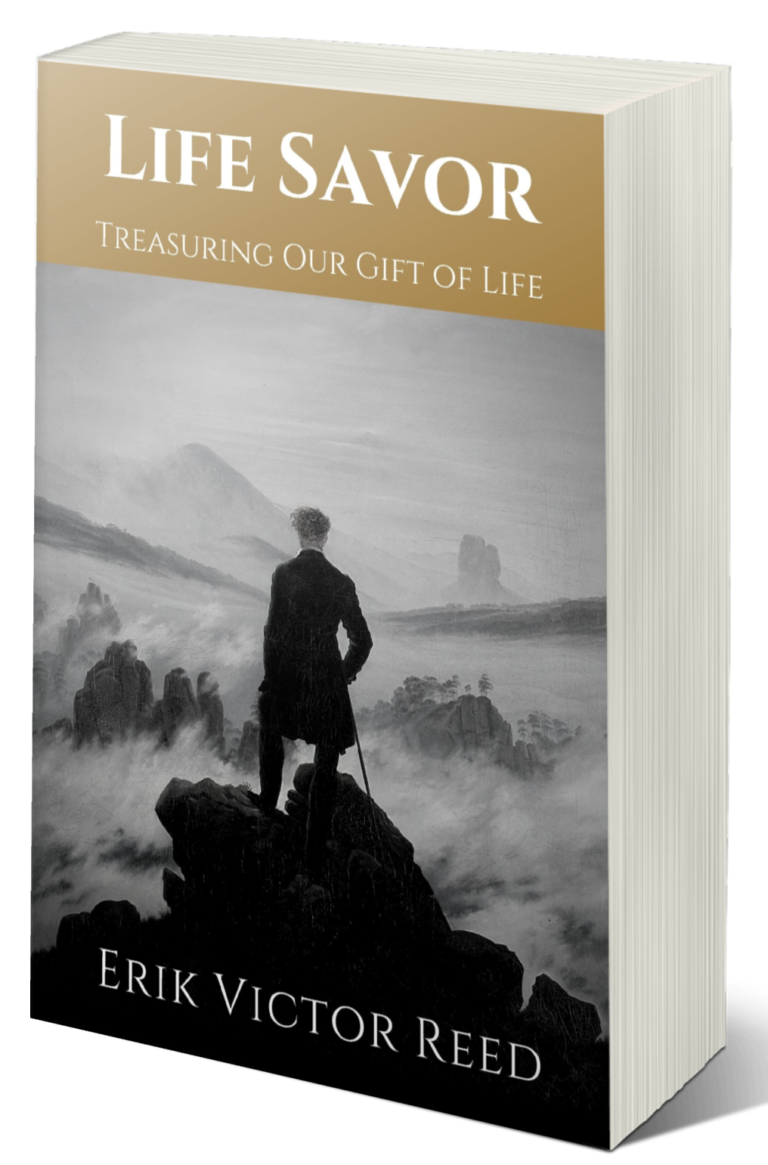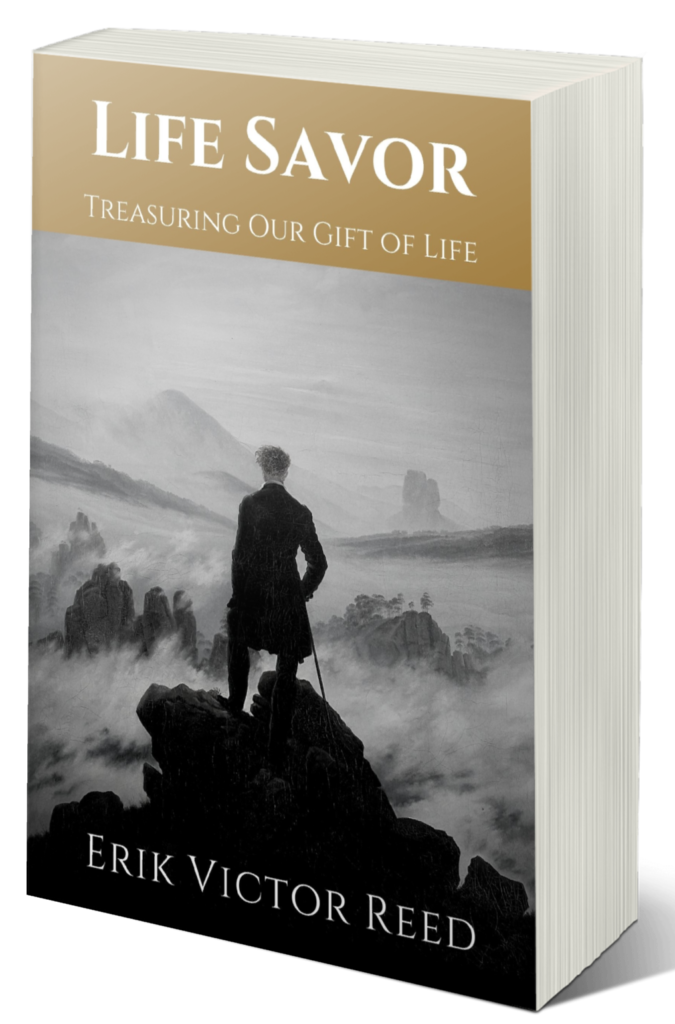Why the dream of being untouchable is a trap
On the surface, invulnerability sounds appealing. Who wouldn’t want to be untouchable by pain, safe from sorrow, immune to loss? If we could build walls high enough, armor thick enough, maybe we could glide through life without being hurt.
But the dream of invulnerability carries hidden costs. Walls don’t just keep out pain. They also keep out joy.
Six Consequences of Chasing Invulnerability
1. Pain festers when ignored.
To wall ourselves off from hurt is to silence pain’s warning system. Every wound, every regret carries information — signals that help us make course corrections, mend relationships, and live more wisely. Suppressing pain means allowing it to grow in the dark, until it spreads further than it would have if faced.
2. Risk is avoided, and with it, possibility.
If invulnerability becomes the standard, then avoiding pain becomes the goal. We stop risking. We cling to the safe, the conventional, the socially acceptable. But risk is the path of all great endeavors — love, creativity, discovery, authenticity. A pain-free life often turns out to be a passion-free life.
3. Significance is numbed.
To anesthetize sentiment is to deaden our ability to feel significance itself — whether painful or joyful. The capacity for aesthetic experience fades. The world grows lukewarm, experiences blur, and life begins to taste of ennui, emptiness, meaninglessness.
4. Emptiness takes the place of wonder.
The same armor that blocks sorrow blocks awe. Invulnerability starves us of the very beauty that makes existence feel alive. We feel safe, but flat.
5. Detachment erodes connection.
Relationships depend on vulnerability — letting ourselves be seen, known, and touched. To wall off our hearts is to shrink intimacy down to performance and pleasantry. We may avoid betrayal, but we also avoid real love.
6. Loss of meaning.
Meaning requires caring. And caring requires vulnerability. To chase invulnerability is to chase indifference, which corrodes the very purpose of life.
Detachment?
Picture someone who has mastered detachment. Their career is polished, their home immaculate, their face unlined by visible emotion. They never cry. They never gush. They never break.
From the outside, they seem invulnerable. Inside, though, the story is different: pain festering unacknowledged, dreams abandoned for safety, emptiness yawning wider with each passing year.
It is a safe life. But it is not a lived life.
Mortality and Vulnerability
Mortality makes invulnerability impossible anyway. Time will reach us. Loss will find us. No armor is thick enough. The attempt to avoid hurt is futile — and it robs us of the beauty we could have tasted along the way.
Better to live vulnerable and fully than invulnerable and half-dead.
The Courage of Sentiment
Sentiment is not weakness. It is courage: the willingness to care about what can be lost. To love someone knowing they might leave. To create something knowing it might fail. To savor a moment knowing it will pass.
Invulnerability may keep us safe from wounds, but it keeps us safe from wonder too. Sentiment opens us to both — and that openness is the price of meaning.
Closing Thought
The costs of invulnerability are steep: festering wounds, lost risks, dulled significance, emptiness, detachment, and the erosion of meaning.
But the rewards of vulnerability are profound: connection, beauty, depth, love, authenticity.
So let yourself be touched. Let yourself feel. Do not chase invulnerability — chase life.
Because you don’t need to be untouchable. You need to be alive.
For more like this, visit the broader project at life-savor.com, or explore the Life Savor book itself.
To learn more about Life Savor’s philosophy,
read Life Savor: Treasuring Our Gift of Life by Erik Victor Reed.








